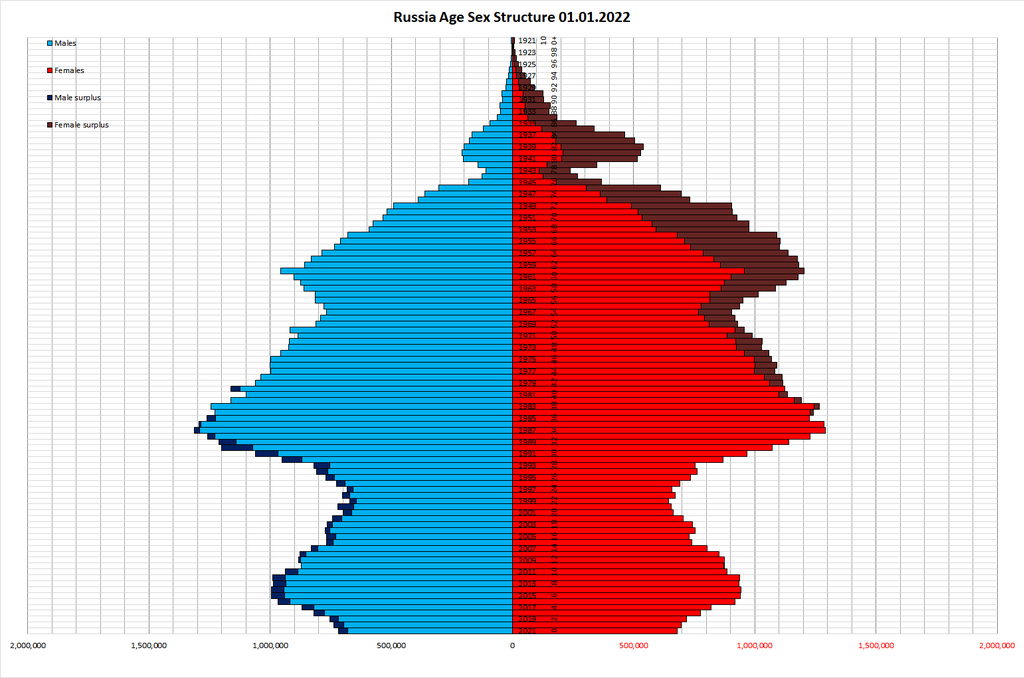
Demographics Defined: Tracing Its Greek Etymology and Population Meaning
Demographics, from Greek ‘dēmos’ (people) and ‘graphō’ (to write), refers to statistical data about population characteristics.
But you don't know it

Demographics, from Greek ‘dēmos’ (people) and ‘graphō’ (to write), refers to statistical data about population characteristics.

Pedagogical, from Greek ‘paidagogos’ (child leader), now refers to the art and science of teaching methods and practices.

Anomaly, originating from Greek ‘anōmalos’ (not even), refers to deviations from the norm in science and everyday use

Axiom, from Greek ‘axios’ (worthy), is a self-evident truth in mathematics and philosophy serving as a foundational principle

Anecdotal, rooted in Greek ‘anekdotos’ (unpublished), refers to information based on personal stories rather than scientific proof

Coward, from Greek ‘koth-ouros’ (harmless tail), denotes a person lacking courage in facing danger, pain, or difficulty.

Theorem, from Greek ‘theōrēma’ (a thing looked at), refers to a proven proposition in mathematics and logic based on logical reasoning.

Thermometer, combining Greek ‘thermos’ (heat) and ‘metron’ (measure), is a device for measuring temperature.

Telephone, from Greek ‘tēle’ (far) and ‘phonē’ (voice), refers to a device for long-distance voice communication.

Metro, shortened from ‘metropolitan’, originates from Greek ‘metropolis’ (mother city), now referring to city subway systems.